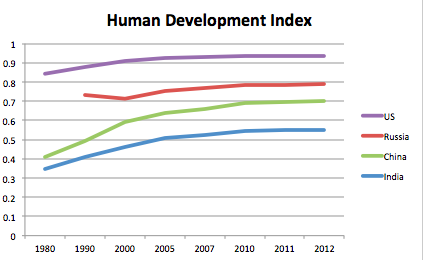NCDD is a network filled with impressive and capable people, and we are sometimes asked to share job announcements by organizations looking for just our kinds of folks. We have been impressed by the democracy work being done by the good people at the Jefferson Center for New Democratic Processes in Minnesota (an NCDD organizational member), so we are pleased to be able to share their newest job opening with you. We encourage anyone from NCDD to consider the position, and wish all applicants the best of luck!
Jefferson Center – Program Associate
The mission of the Jefferson Center for New Democratic Processes is to strengthen democracy by improving civic discourse and advancing informed, citizen-led solutions to public policy issues. The Jefferson Center envisions a democracy where citizens interact genuinely with public institutions and officials, and where public input becomes an essential component of decision-making dynamics through the implementation and support of deliberative processes and initiatives.
Job Title: Program Associate – Exempt Position
Location: Twin Cities – Full Time
Opening Date for Applications: November 6, 2013
Closing Date for Applications: November 28, 2013
Summary
The Program Associate position supports the Co-Director functions by assisting in policy research and outreach efforts, researching funding opportunities, drafting grant proposals, preparing printed and electronic materials for fundraising and programs, assisting with project implementation tasks, and completing other duties as assigned.
Responsibilities & Duties Breakdown
- Research and policy analysis (25%),
- Program Assistance (25%),
- Fund Development (20%)
- Communications (20%),
- Other (10%)
Qualifications
- Bachelor’s degree in political science or related field; Master’s degree in public policy desirable.
- Minimum 2-4 years work experience, preferably in nonprofits.
- Outstanding interpersonal skills, including the ability to successfully interact with a wide range of individuals.
- Excellent oral and written communication skills.
- Strong computer skills, including standard MS Office and Salesforce/cloud-based software formats, strong internet research and data management skills required. Previous experience with Adobe Creative Cloud (Photoshop, Illustrator, InDesign, Premiere, and Dreamweaver), WordPress, and basic HTML/CSS coding ability preferred, but not required.
- Strong organizational and presentation skills, including the ability to maintain and synthesize large volumes of information into comprehensible summaries and reports.
- Exceptional curiosity and intellectual capacity.
- Strong interest in governmental reform.
- Willingness to travel to various locations across Minnesota and other states.
Certificates, Licenses, Registrations
Valid driver’s license required for travel to community sites (some out of state).
Please send cover letter and resume to: annettescotti@hrtechies.com. Questions, please call: 612-414-4537






